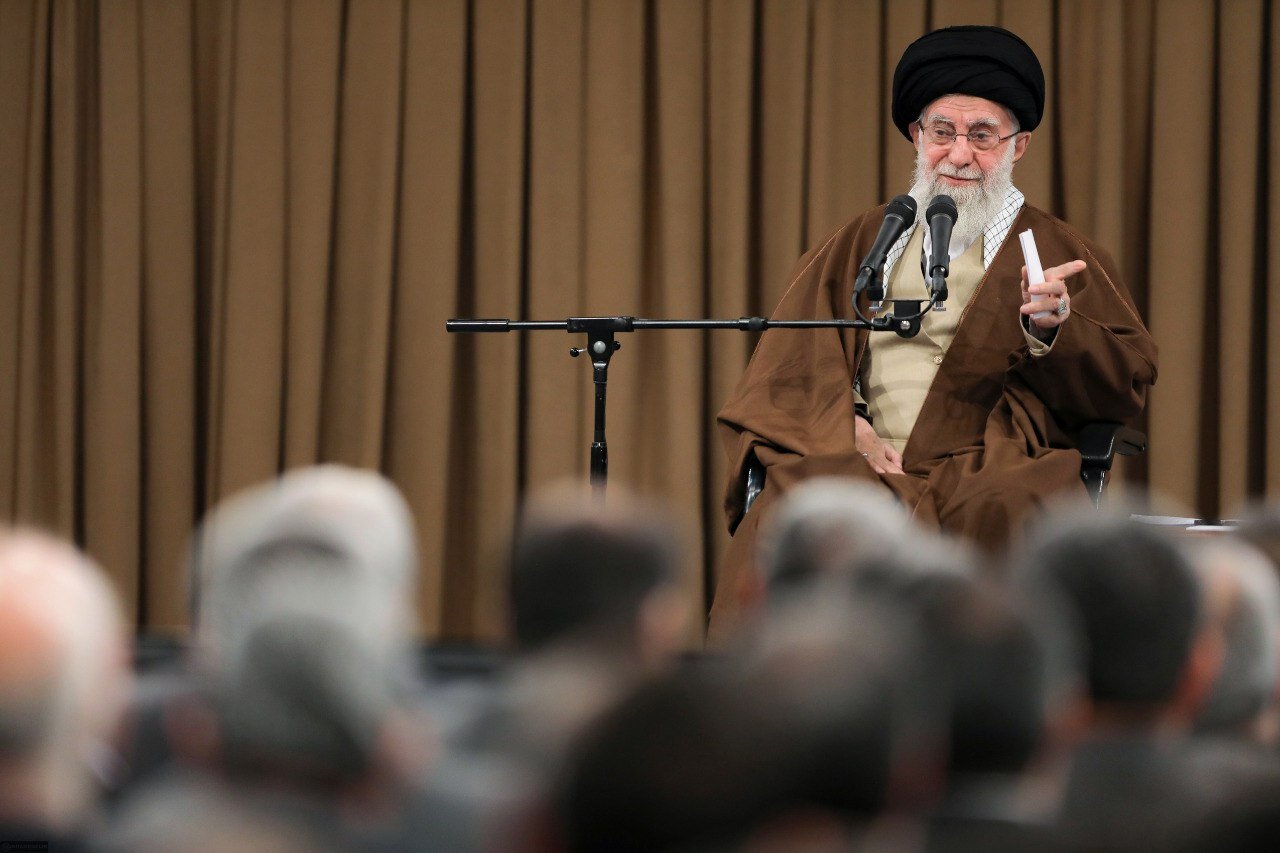Experience of talks could have been different, but US did not want

TEHRAN - Western media and analysts like to have their own interpretations of events. There's nothing wrong with that! As long as these interpretations are not completely contradictory to reality. One of these events is the dispute between Iran and the United States. U.S. presidents, whether Democrat or Republican, disagree on many issues, but Iran is perhaps the only topic on which they have little disagreement.
Imagine a group of people intending to take someone's life. Person A says they should be shot; B believes killing them with a knife is quieter and better; C suggests strangling them with a rope; and D believes they should be gradually weakened and brought down. The difference in the perspectives of U.S. presidents toward the Islamic Republic of Iran is more or less of this nature.
However, most Western analysts prefer to turn a blind eye to this reality and accuse Iran's Leader of having a purely ideological approach in this regard, claiming that Ayatollah Khamenei's opposition stems from such a mentality. However, limiting the cause of this opposition to ideology is a distortion of reality. The reality is that, firstly, the Islamic Republic of Iran has negotiated with the United States on various issues multiple times over the past two decades. If the issue were ideological, such negotiations would not have taken place at all.
Secondly, as Ayatollah Khamenei has clearly stated, the main reason for Iran's opposition to negotiations stems from the experience of the JCPOA (Joint Comprehensive Plan of Action). Iran showed maximum flexibility in the JCPOA negotiations and did not fail to fulfill any terms of the agreement reached in 2015. Meanwhile, the other side refused to fulfill its commitments under various pretexts, and ultimately Trump unilaterally withdrew from the agreement on May 8, 2018. Even after the U.S. withdrawal, Iran fully adhered to its commitments for a year, and only then did it gradually suspend some of its obligations under the JCPOA.
What Trump signed a few days ago as a presidential memorandum shows that what Trump says and what he wants are fundamentally different. Trump says he is willing to negotiate with Iran and only wants to prevent Iran from obtaining nuclear weapons, but what he wants goes far beyond a nuclear agreement. The list of these demands is so extensive that it even includes Iran's conventional weapons, effectively seeking to strip Iran of even its defensive and conventional weapons in a region where human lives have the least value.
Sitting at the negotiating table with the United States would be tantamount to endorsing the illusion of a "weak Iran" and would have severe consequences for Tehran. In any case, the ball is in Washington's court. If Trump truly seeks an agreement with Iran, he must distance himself from the temptations of Israel and those who dream of Iran's destruction and take a rational path. However, such rationality seems unlikely from someone who dreams of acquiring Greenland, Canada, and Gaza.
Ayatollah Khamenei, in his speech on April 9, 2015, explicitly stated that if the Americans act fairly and wisely in nuclear negotiations, this could be an experience for Iran, and negotiations with them on other issues could also be possible. This position shows that Iran's Leader thinks and decides realistically, wisely, and in line with national interests regarding negotiations with the United States. If he is now opposed to negotiations with the U.S., it is due to the behavior of the Americans themselves.
Leave a Comment